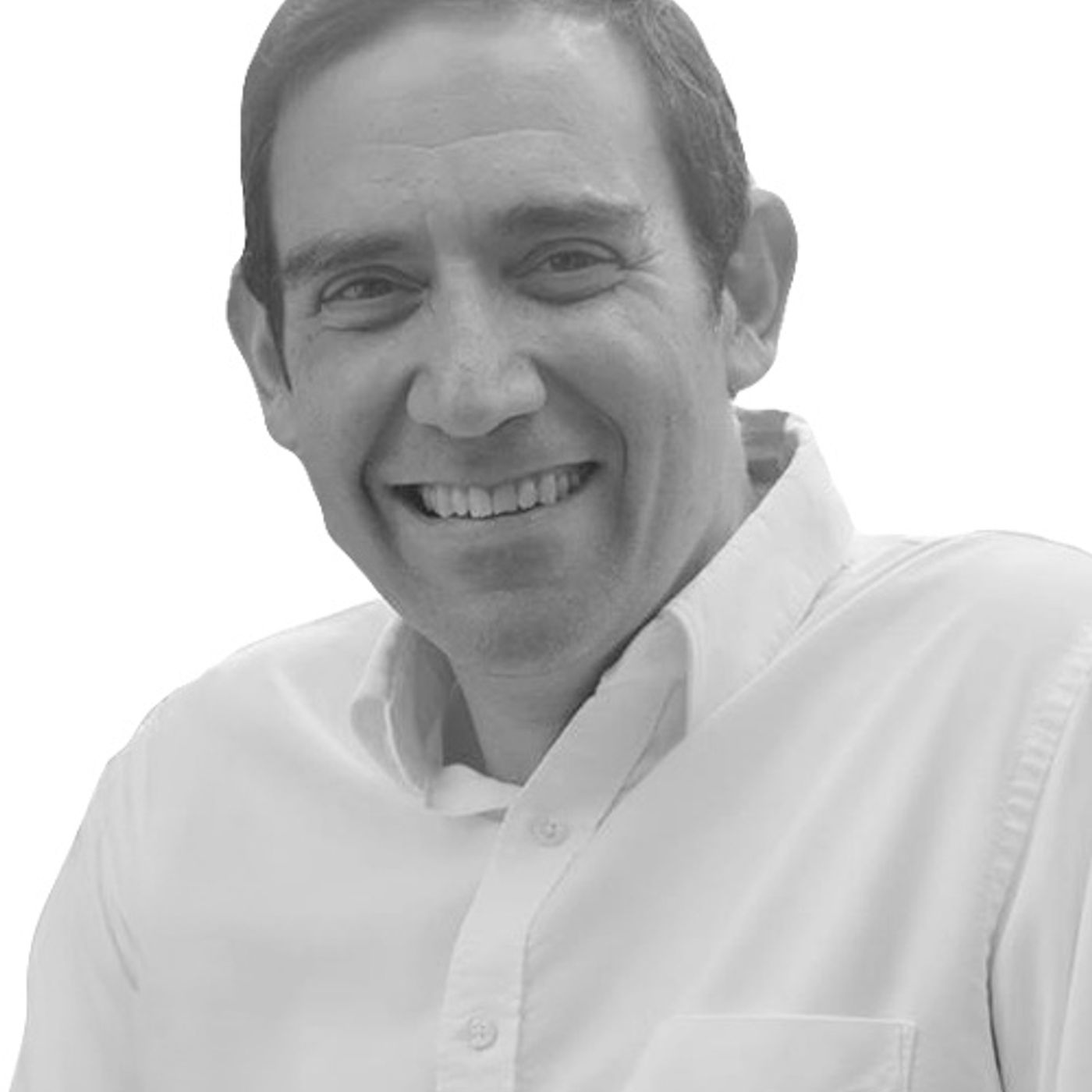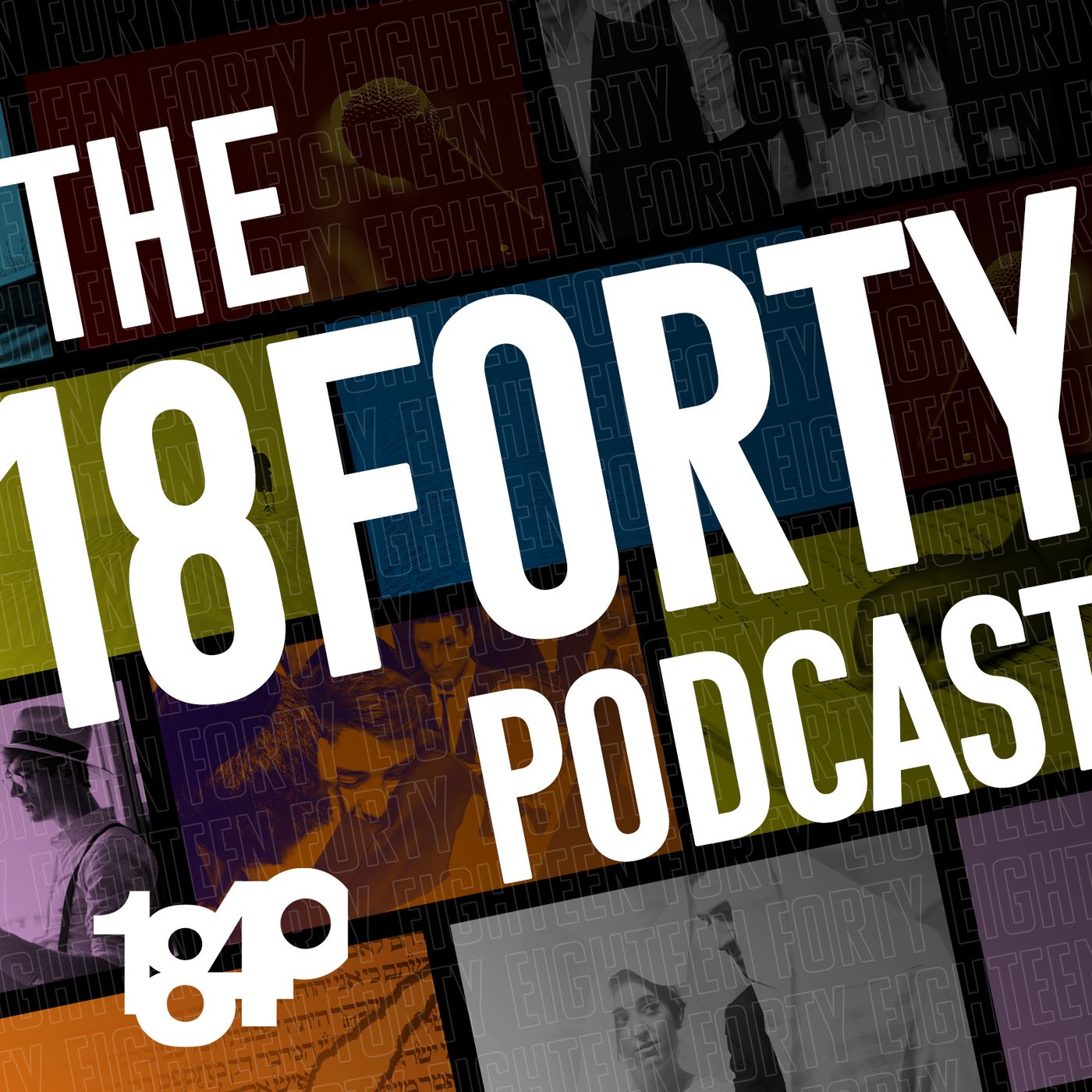
Moshe Taragin: Does Israel Need American Jews? [Israel & Diaspora 1/5]
JL;DR SUMMARY Rabbi Moshe Taragin discusses the evolving relationship between American and Israeli Jews, emphasizing a shared mission in the broader narrative of Jewish redemption. A way out west there was a fella, fella I want to tell you about, fella by the name of Jeff Lebowski.
- At least, that was the handle his lovin' parents gave him, but he never had much use for it himself.
- This Lebowski, he called himself the Dude.
- Now, Dude, that's a name no one would self-apply where I come from.
- But then, there was a lot about the Dude that didn't make a whole lot of sense to me.
- And a lot about where he lived, likewise. But then again, maybe that's why I found the place s'durned innarestin'.
JL;DR members get full summaries and key points of all podcast
episodes in the archive, including this one.
Donate & listen smarter »
 18forty
18forty